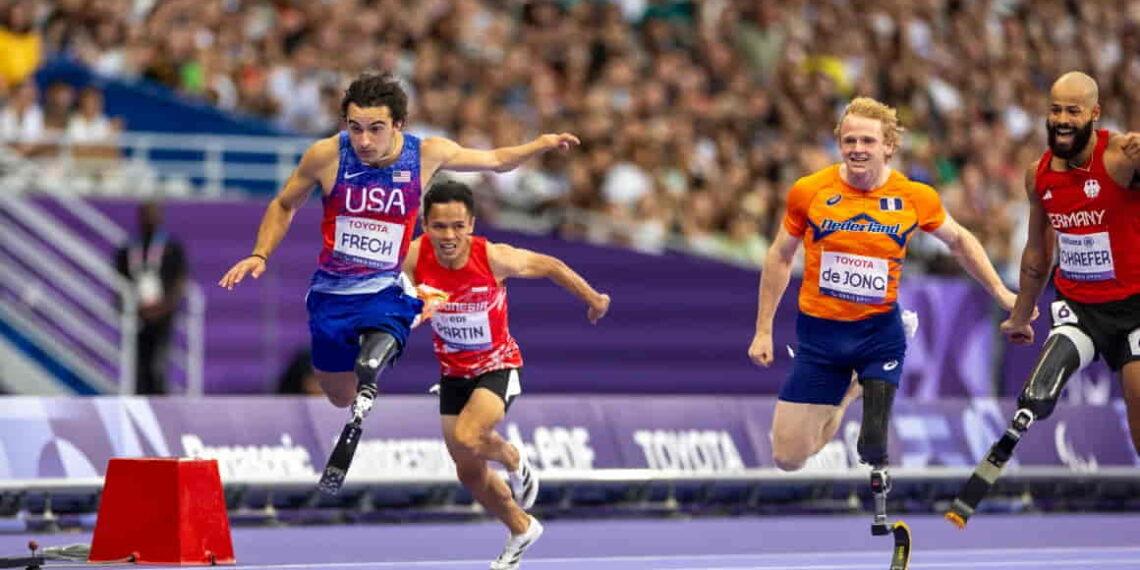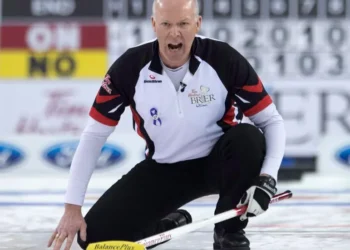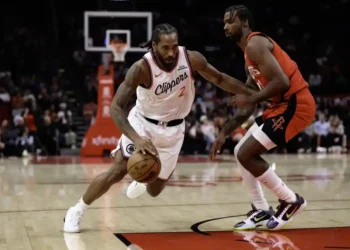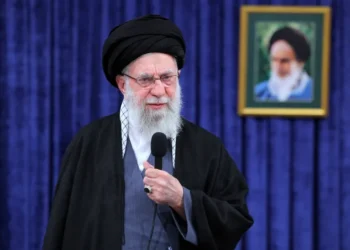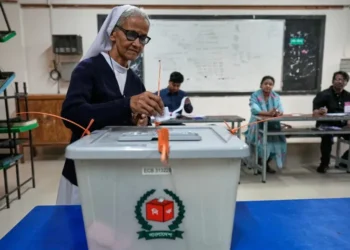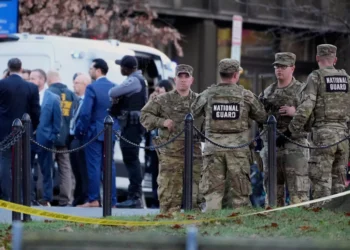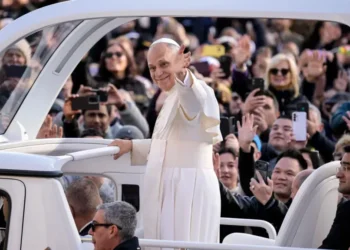Paralympic Medalists Receive Far Less Than Olympic Counterparts: A Closer Look at the Pay Discrepancy
As 2024 comes to a close, many are anticipating a bonus to celebrate the New Year, and elite athletes are no exception. Gold medalists from the Paris 2024 Olympics will be rewarded with substantial bonuses and gifts for their achievements. However, an analysis by CNN Sport reveals a stark pay discrepancy: Paralympic athletes are often receiving far less than their Olympic counterparts—sometimes hundreds of thousands of dollars less.
Different Structures, Different Rewards
One key reason for this disparity lies in the separate governing bodies for Olympic and Paralympic sports in many countries. In some nations like the United States, a single organization—the US Olympic and Paralympic Committee (USOPC)—governs both sectors. Meanwhile, countries like Australia have distinct entities: the Australian Olympic Committee and Paralympics Australia. These differences extend to funding, with many National Olympic and Paralympic Committees (NOCs and NPCs) relying on government support, sponsorships, or private investments to fund their athletes.
While at least 42 countries reward their Olympic gold medalists with over $100,000, only 23 countries (including Taiwan) offer the same sum to their Paralympic champions. In fact, some countries reward Paralympic medalists with drastically smaller bonuses.
Wide Discrepancies in Rewards
For example, Singapore’s Paralympic gold medalists receive 500,000 Singapore Dollars (around $385,000), which, though generous, is still only half the bonus given to Olympic gold medalists. Meanwhile, in Hong Kong, Paralympic gold medalists are awarded HK$1.5 million (approximately $190,000), which is a significant 75% smaller than the bonus given to Olympic gold medalists. In Vietnam, a $1 million bonus was promised to Olympic gold medalists, but Paralympic athletes were offered just 1% of that amount—approximately $15,700.
These disparities extend beyond bonuses. The Vietnamese Olympic Committee pledged $1 million for any athlete winning a gold medal in Paris, but Paralympic athletes received significantly lower amounts—only 400 million Vietnamese dong (roughly $15,700). Some countries, including Great Britain, Bangladesh, and Iceland, do not offer any financial reward for Olympic or Paralympic medalists at all.
Global Context: Olympic vs. Paralympic Rewards
CNN’s investigation revealed that of the 205 nations competing in Paris 2024, 74 countries offer prize money to Olympic medalists, but only 55 countries pledged prize money to Paralympic medalists. Even among the countries that offer both, there is often a glaring disparity between the two, with Paralympic athletes receiving far less.
For example, while World Athletics offers Olympic track and field gold medalists $50,000 in prize money, World Para Athletics does not offer similar financial rewards. In response, World Para Athletics expressed its hope for future investments and discussions about how to reward athletes. While there are more medal events at the Paralympic Games (164 compared to 48 for World Athletics), funding remains a major hurdle.
Calls for Parity: Athletes Speak Out
This imbalance has prompted strong reactions from athletes, including nine-time British Paralympic gold medalist Hannah Cockroft, who voiced her frustration about the lack of financial rewards for Paralympic athletes. She stressed the disparity, pointing out that the prize money offered to Olympic gold medalists would be very useful in funding personal expenses such as her wedding.
Ian Brittain, an academic and expert in Paralympic sport, explained that these differences in rewards send a harmful message of “less than” to disabled athletes. He argued that the achievement of Paralympic athletes is often more challenging, with greater personal and financial hurdles to overcome.
Unique Gifts and Rewards
While the financial bonuses may vary, Paralympic athletes still receive other forms of recognition, including gifts. For instance, Malaysian gold medalists received RM 1 million (around $235,000) and a lifetime monthly stipend of RM 5,000, while Uzbek athletes were rewarded with cars and cottages for their victories. In Romania, Paralympic gold medalists were given Toyotas, in contrast to their Olympic counterparts who received Hyundais.
A Changing Landscape?
While disparities persist, there is evidence that some countries are taking steps toward equalizing rewards for Olympic and Paralympic champions. Canada, for example, has pledged equal rewards of CA$20,000 (approximately $14,500) for both Olympic and Paralympic gold medalists. Georgia is the most generous, offering 1 million GEL (around $370,000) to both sets of athletes.
The United States, however, offers less, with $37,500 for both Olympic and Paralympic gold medalists. Latvia, which used to offer half the prize money to Paralympic medalists, has now achieved parity, awarding €142,288 (around $150,000) to each of its gold medalists in Paris 2024. Lithuania is also working to close the gap, with plans to equalize bonuses in the near future.
Addressing Underlying Inequities
Timothy Hodge, a double gold medalist from Australia, celebrated his country’s move to equalize bonuses, but he stressed that the broader issue of funding inequalities in Paralympic sport remains. He pointed out that, despite prize money parity, there is still a significant disparity in private funding and organizational support for Paralympic sports compared to their Olympic counterparts.
Despite these challenges, there has been an increase in high-performance investment into Paralympic sport in Australia. However, Hodge and other athletes continue to advocate for further improvements in funding, equipment, and opportunities for para-athletes.
Conclusion: A Long Road to Equality
While some nations are leading the way in closing the gap between Olympic and Paralympic rewards, the disparity remains a significant issue. Many Paralympic athletes are pushing for not only equal bonuses but also for broader recognition and support. As more countries adopt policies of parity, the hope is that one day, Paralympic athletes will receive the same financial rewards and recognition as their Olympic counterparts. Until then, the fight for equality in sport continues.
This article was rewritten by JournosNews.com based on verified reporting from trusted sources. The content has been independently reviewed, fact-checked, and edited for accuracy, neutrality, tone, and global readability in accordance with Google News and AdSense standards.
All opinions, quotes, or statements from contributors, experts, or sourced organizations do not necessarily reflect the views of JournosNews.com. JournosNews.com maintains full editorial independence from any external funders, sponsors, or organizations.
Stay informed with JournosNews.com — your trusted source for verified global reporting and in-depth analysis. Follow us on Google News, BlueSky, and X for real-time updates.
